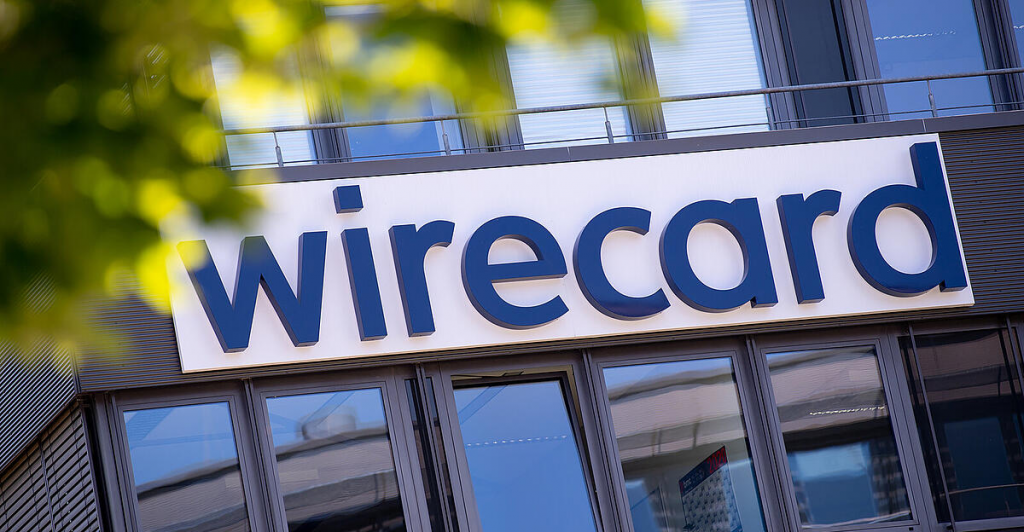Litfin is also studying lawsuits filed against Wirecard AG and its former board members. The major international law firm Pinsent Masons has been commissioned. “We are glad that our funding threshold has already been crossed due to the great interest,” says Lytvyn. EY examined Wirecard’s balance sheets, which were supposed to have been fraudulent for a number of years, but only rejected the certification for the 2019 balance sheet. The Munich Attorney General’s office assumes “gang-like fraud” has occurred in insolvent Wirecard and estimates the alleged damage to banks and other financiers More than three billion euros.
Some 280 complaints have already been received
EY Germany is based in Stuttgart, but Munich is likely the central arena for civil law disputes. So far, 280 lawsuits have been received from Wirecard investors against EY in the Stuttgart Regional Court, demanding damages of around 42 million euros, a court spokeswoman said.
But the Stuttgart judges have already referred 140 of these procedures to Munich by referring to the Civil Procedure Code. In the case of other lawsuits, the Stuttgart Regional Court also examines the jurisdiction. In Munich, according to EY, six lawsuits against the company were rejected in the meantime, but the court did not confirm this at the end of the week.
Unlike a law firm, a litigating taxpayer pays court and attorney fees. If the lawsuit is successful, the financiers charge a high commission. 30% is common.
Existing law firms – which are contested by litigation financiers – are warning black sheep. “Affected investors should be careful and carefully research whether the litigation finance company has enough capital to pay the litigation costs,” says Peter Mattel, a Munich attorney who represents Wirecard’s investors.
“There are litigation funders who collect 20,000 or 30,000 people and then do nothing at all for their clients. They are just waiting for the outcome of the case sample to be pursued,” Mattel says. There were actually instances where the financiers were not even able to pay the court costs advance and thus filed for bankruptcy.
In the Wirecard scandal, the SdK investor community also recommended its members use Litfin as a litigation provider. “Litfin were the only ones also funding small investor lawsuits,” says SdK Chairman Daniel Bauer. Because litigation financiers usually only get in when it comes to large sums. “Damage amounts to 1 million euros, or even 10 million euros,” says Bauer. What really impressed Litfin was the choice of international law firm Pinsent Masons.
Litigation finance has been around in Germany for over 20 years, but it hasn’t become a major growing business for long. Meanwhile, according to experts, the number of litigation funders is increasing.
This is what matters to insurers like Allianz, which previously funded the same litigation for a short time. “From our point of view, litigation financiers increase the risk that companies in Germany will face lawsuits,” says Stefan Jess. He heads the Director of Financial Lines for Central and Eastern Europe at Allianz Industrial Insurance AGCS.
“With the participation of litigation funders, both companies and individuals can file lawsuits that they would not otherwise lead due to cost risks and time costs,” says Jess. “Because the financiers bear the risk of litigation, we can clearly see that the desire for litigation on the part of the plaintiff increases.” The upshot for insurers is that they have to intervene frequently when the tendency to sue their corporate clients increases.
Litigation funders like Litfin are bringing nearly identical arguments to the field – but from a different point of view. In many cases, a Lytvyn spokesman said “an important gap.” “Because many law firm clients or aggrieved parties in general need someone to fund litigation because they cannot or do not want to do it themselves due to lack of resources.”
In the Wirecard case, it appears that the number of those willing to file lawsuits is still increasing, nearly a year after bankruptcy: The financing offer to aggrieved parties is still open, says a Litfin spokesperson – “and we receive a large number of new inquiries from interested parties every day.”

“Total coffee aficionado. Travel buff. Music ninja. Bacon nerd. Beeraholic.”







More Stories
Wolfsburg instead of Wörthersee: The first GTI meeting starts at Volkswagen headquarters
Pecco Bagnaia (Ducati): Testing on the new Panigale/MotoGP
From autumn onwards, U2 will be playing again at Karlsplatz.